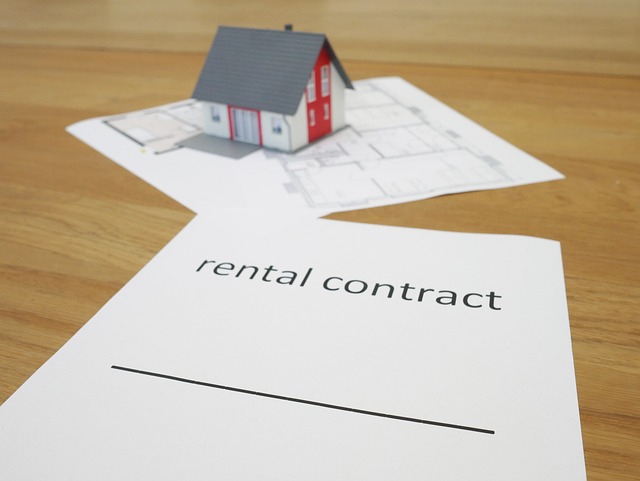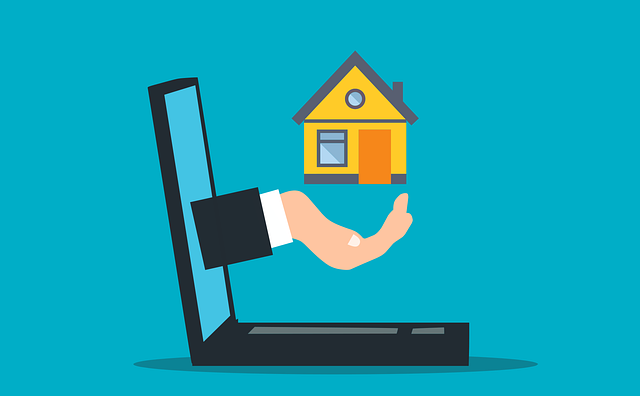Flexibility in real estate, through short-term tenancies and reconfigurable spaces, benefits both tenants and landlords by fostering adaptability and a vibrant market. Owning property offers financial security, control over living space, and equity building potential, but requires a substantial upfront investment. The choice between flexibility and ownership depends on personal preferences, financial readiness, and life goals.
In today’s dynamic real estate landscape, understanding the balance between flexibility and ownership is crucial for making informed decisions. This article delves into these contrasting benefits, offering a comprehensive guide for prospective buyers or renters. We explore how flexibility provides short-term tenancies, adaptable spaces, and reduced commitment, while ownership comes with long-term financial gains, equity building, and control. By weighing pros and cons, including initial costs, stability, and personal preferences, readers can determine the best real estate path forward tailored to their unique lifestyles and goals.
Understanding Flexibility in Real Estate: This section will define flexibility in the context of real estate and outline its key advantages, such as short-term tenancies, ability to adapt spaces, and reduced commitment.

Flexibility in real estate refers to the ability to easily adjust to changing circumstances, whether it’s through short-term tenancies or the option to reconfigure spaces. This advantage is particularly appealing for businesses and individuals who require adaptability due to fluctuating needs or market conditions. Unlike traditional long-term leases, flexible arrangements allow tenants to occupy spaces for shorter periods, providing them with the freedom to expand, contract, or move without significant penalties.
Moreover, flexibility in real estate enables landlords and tenants to forge mutually beneficial relationships. Landlords can maximize their properties’ potential by catering to a diverse range of tenants, while tenants gain the advantage of accessing desirable locations and amenities on their terms. This dynamic fosters a vibrant real estate market, where both parties can navigate the ever-changing landscape with reduced risk and increased satisfaction.
Unlocking Ownership Benefits: Here, we'll explore the perks of owning property, including long-term financial benefits, building equity, and having complete control over your space.

Owning property comes with a unique set of benefits that can significantly impact your financial and personal well-being in the long run. One of the most significant advantages is the potential for building equity. When you pay off your mortgage, you increase your stake in the real estate market, essentially making an investment in yourself. This equity can be a substantial asset, offering financial security and the opportunity to tap into it for future expenses or investments.
Additionally, property ownership grants you complete control over your living space. You have the freedom to renovate, decorate, and adapt your home to suit your preferences and lifestyle without the need for approval from landlords or housing associations. This level of autonomy allows for a more personalized environment, fostering a sense of comfort and pride in one’s home, which can positively impact mental health and overall quality of life.
Weighing the Pros and Cons: A comparative analysis of flexibility versus ownership, considering factors like initial costs, stability, and personal preferences to help readers decide which option aligns best with their lifestyles and goals.

When considering whether to prioritize flexibility or ownership in real estate, it’s crucial to examine the pros and cons of each approach. Flexibility offers benefits like lower initial costs, allowing tenants to avoid substantial down payments and closing costs. It also grants the freedom to relocate easily, which is ideal for those with frequent job changes or a desire to explore different neighborhoods. However, this comes at the cost of stability – tenants don’t build equity or enjoy the long-term benefits that homeowners experience.
On the other hand, owning property provides a sense of permanence and investment security. It allows individuals to customize their living spaces without restrictions and can be a source of pride and accomplishment. Additionally, real estate ownership often comes with tax advantages and potential appreciation over time. Yet, it demands significant upfront financial commitment and may not align with lifestyles characterized by uncertainty or lack of long-term roots. Ultimately, the decision between flexibility and ownership depends on personal preferences, financial readiness, and life goals.






